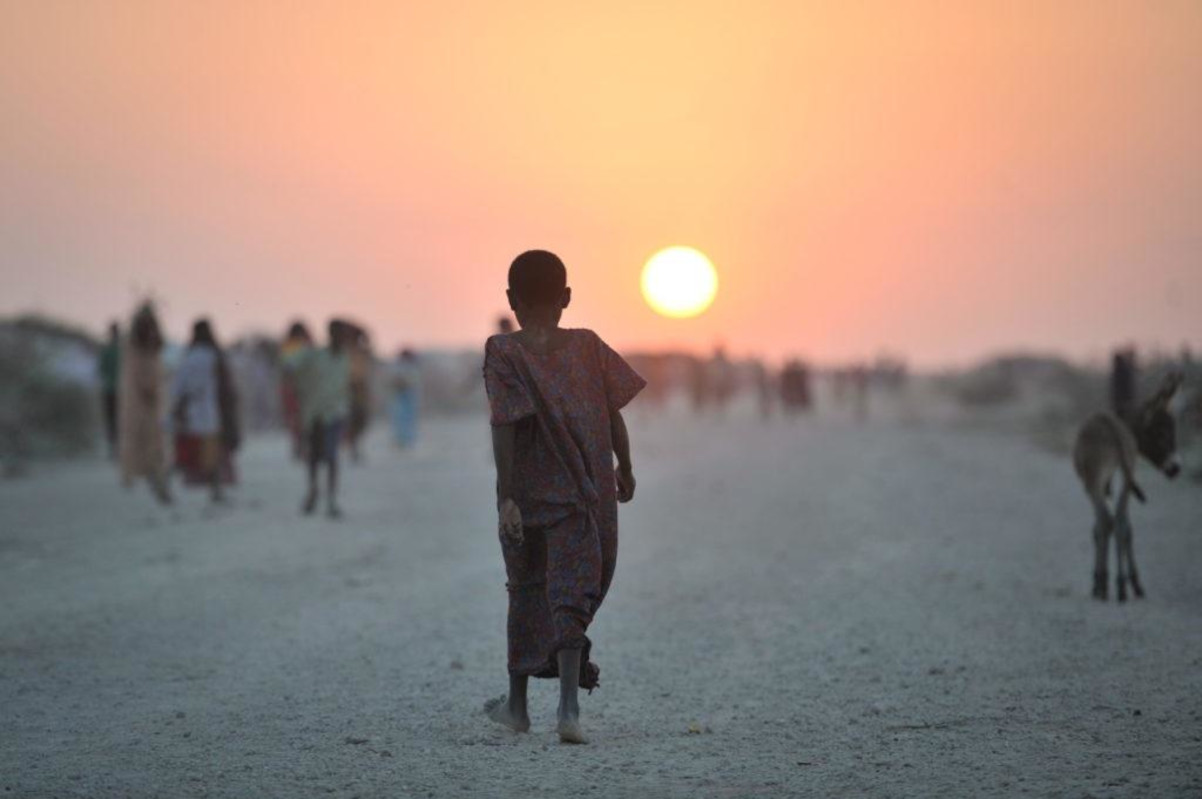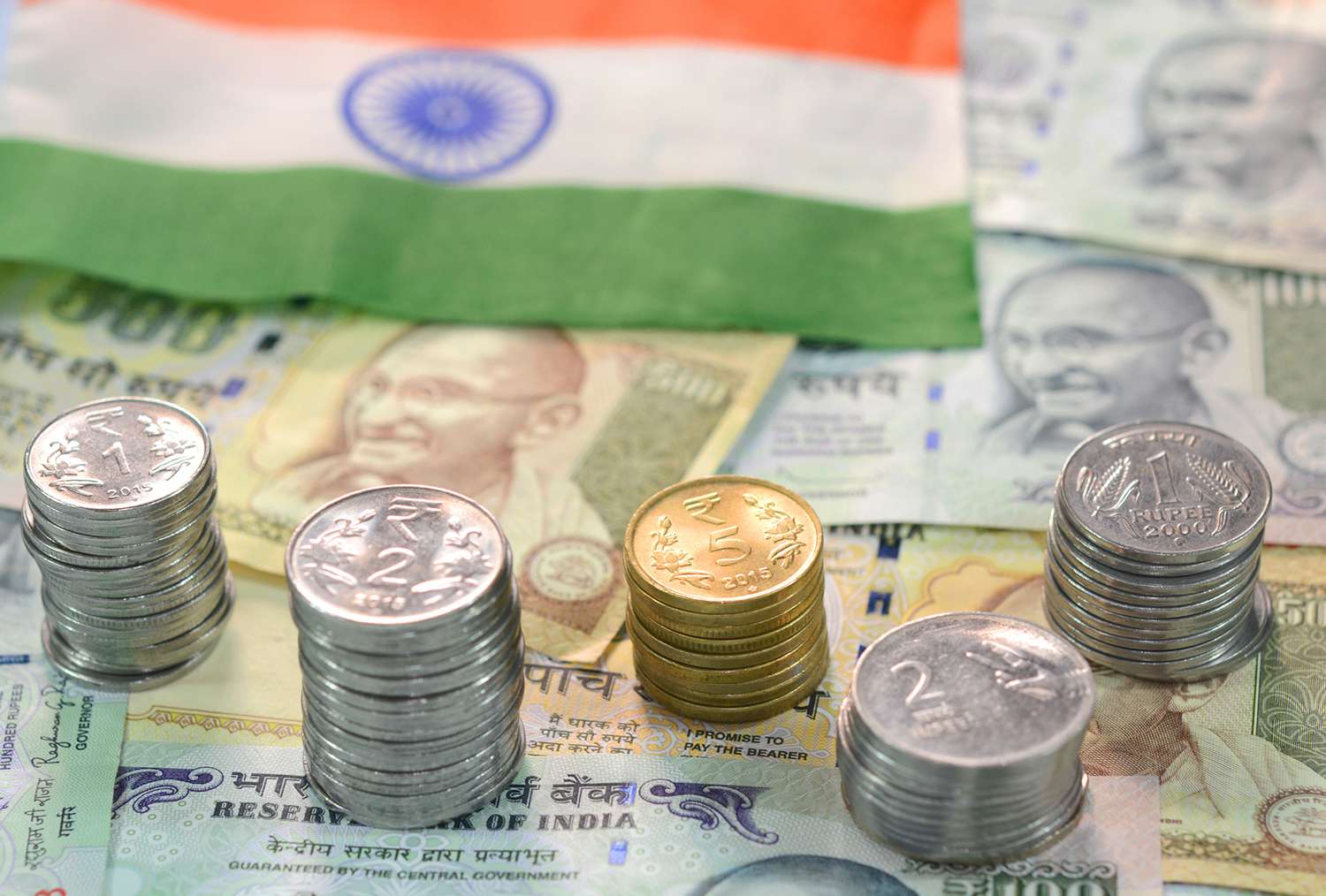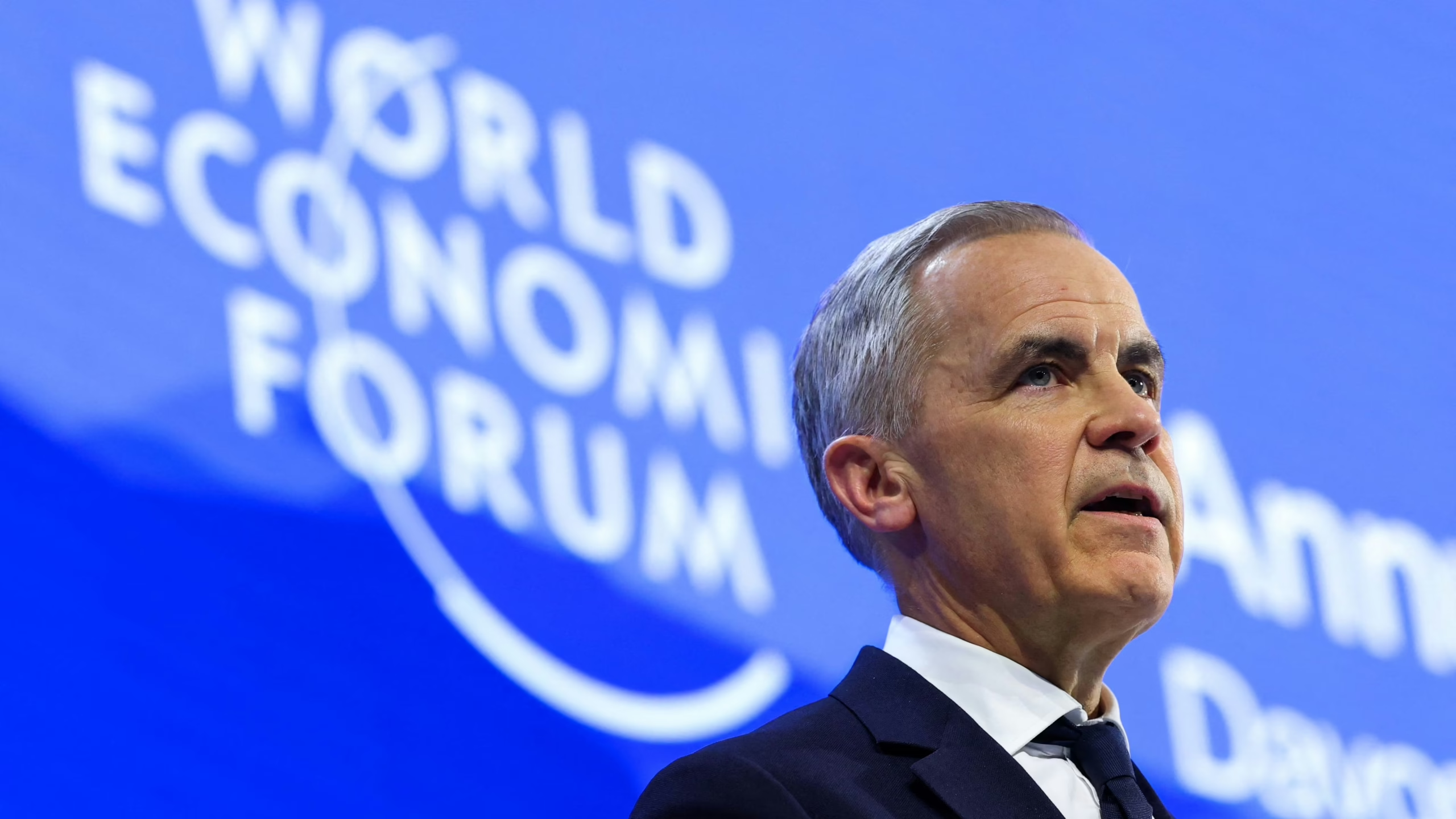As Québec and Alberta edge closer to potential independence referenda, Canada faces a renewed crisis of national unity. Regionalism, fuelled by economic pressures and political alienation, threatens to reshape the federation’s future.
For years, the question of the future of Québec as either in or out of the Canadian federation has been hotly debated. The federal election on 28 April did nothing to address the issue. Mark Carney’s Liberal Party victory obscured the serious challenge of regionalism by making some think that it had been put on the back burner. The requirement for a unified common front to oppose radical changes in the bilateral commercial relationship between Canada and the United States has temporarily won the day. Nevertheless, Québec sovereignty is still a key underlying issue threatening Canadian national unity, albeit temporarily veiled by the nationalist hue and cry against the Trump tariffs. The stakes are high. Trump’s threat to make Canada the 51st American state is real. Quickly rising regionalism and American actions that foster it are just as dangerous to Canadian unity as illegitimate commercial tariffs.
For some, the quest for independence is overkill. There have already been two unsuccessful attempts in 1980 and 1995 to gain a popular mandate to negotiate Québec out of Canada. Years of provincial political stalemate between the “yes” and “no” options led to the election of the present Québec nationalist government in 2017, known as the Coalition Avenir Québec (CAQ). Until then, Québec elections had been dominated by the issue of independence, and this had been argued for by the two largest political parties—the federalist Québec Liberals (PLQ) and the separatist Parti Québécois (PQ). In the meantime, pressing provincial concerns about health care, immigration, and social spending have often been ignored. The CAQ, led by Premier François Legault, succeeded in breaking this political deadlock by appealing to French-speaking Québec nationalists, offering a third middle way. By neutralising the issue but encouraging its ideological trigger of Québécois nationalism, Legault’s CAQ pledged to focus on economic prosperity and the promotion of the French language.
As such, the present CAQ majority government policy is to support and promote legislation and policies that a) encourage the use of the French language in all sectors, b) promote secularism based on the Révolution Tranquille of 1960 when French-speaking Catholics turned their backs on the Church, and c) increase economic prosperity. By putting the issue of independence on hold, the CAQ reasons that it is possible to achieve some real progress on these three policy endeavours.
Despite CAQ hopes, the old political paralysis appears to be returning, with the PLQ exerting its strength in non-Francophone West Québec and on the islands of Montréal and Laval against a resurgent PQ, who are dominating the Francophone vote elsewhere. This reversal of the political situation has been amply illustrated in the past year, which has been characterised by the worsening state of public opinion polls favourable to the CAQ. The CAQ is an ideological anomaly cemented only by Québec’s linguistic and cultural nationalism, and closely tied to the personal leadership of François Legault. In the absence of any other partisan glue to bind CAQ supporters together, CAQ’s difficulties on the domestic front have meant that Legault’s personal leadership has undergone enormous criticism and opposition. If the election were held today, it would likely be a majority PQ victory. The CAQ is slated to lose big on the Francophone vote, its electoral bread and butter.
At the federal level, with the election of 28 April, the Bloc (Bloc Québécois) has given the minority Carney Liberals a year to navigate around or potentially solve the economic crisis with the United States. In the interval, the Bloc intends on defending the interests of Québec in the federal parliament while cooperating with the provincial PQ to assist in promoting independence and preparing for a potential referendum on sovereignty in 2027. That is dependent on a PQ election victory in the province next year. At this time, the odds look good.
For the Carney Liberals, the news gets worse. There is a growing threat of separation in the Prairies (Alberta and Saskatchewan). New Alberta sovereignty legislation has been introduced by Danielle Smith’s Conservative government, which seeks to drastically lower the number of signatures required to add the referendum question to the next election ballot. There is now a double internal threat to the unity of Canada. State-controlled media attempts at minimising the depth and scope of this stark reality might not make regional alienation disappear—even temporarily.
In fact, Carney’s win has rendered the federal link with Québec still further precarious. Perceived failure on the economic front (tariff negotiations with Trump) spells the end of strategic voting and the return of Francophone nationalist sovereignty votes to the Bloc and PQ. Success on the economic front may not be enough to mollify French nationalist voters who have moved their vote temporarily to the two largest federalist parties. Any movement towards an independence referendum in either of the provincial jurisdictions, or news of any international success stories such as the possibility of a referendum in Scotland, could trigger further demands for such a public plebiscite.
Former Liberal leader Michael Ignatieff’s BBC interview on Scottish independence in 2012 illustrates that when the referendum for independence for Québec was lost in 1995, there was still massive change. What kind of change? Referenda on whether to stay or leave a country are traumatising events in the history of any nation. They can leave political scars of battles won or lost and shatter confidence in political institutions thus challenged. Ignatieff argues that the referendum process itself, as well as the campaign, which was full of fiery debates and oratory, all act to undermine confidence in political authority. Moreover, the closeness of the last referendum result in Québec (less than one percent) casts its shadow over the present and contributes to the feeling of alienation from the national capital of Ottawa. The reality of two cultures, nations, and languages may well erode any victory on the economic relationship with the United States. There may be an easing of tensions, but there is a real risk that any economic deal will be nothing but a Pyrrhic victory followed by more destabilising regionalism.
Québec Premier Legault’s dilemma is two-fold. On the economic front, he has solidly placed his bets on Carney and the common front of provinces to meet the Trump challenge. Achieving economic stasis may actually be detrimental to the CAQ since those who left the sovereigntist camp may return once the external threat has diminished. To combat his low polling numbers and maintain any hope of overtaking the PQ, the CAQ and Carney’s Liberals need to kick-start a number of mega-projects in energy. However, attempts to revive oil pipelines crossing Québec land when the province is awash in clean electric power will be a challenge, to say the least.
Québécois have entrusted the federal Liberals with a mandate to negotiate some not-so-painful way out of the tariff straitjacket with an unpredictable and eccentric American president. The political front, characterised by more strident calls for independence, poses a threat of equal weight. Carney’s economic experience and prowess have not prepared him for the approaching political storm ahead.
Key questions being raised are: Can Mark Carney work any political magic and turn his experience and talent into an economic win for Canada against Trump’s tariffs? If this happens despite all obstacles, will it be enough to resist the menacing tide of political regionalism about to adorn the Canadian political landscape? Can Carney potentially meet and defeat an upcoming double referendum challenge from Québec and Alberta?
This is article three in a series of three looking at Canada’s election. Access the first and second here.
Dr Bruce Mabley is the director of the Mackenzie-Papineau Group think tank based in Montreal devoted to analysis of international politics. Dr Mabley is a former Canadian diplomat and academic who has written a number of analytical and academic texts. In 2002, he was decorated by the French Republic as Chevalier des Palmes académiques.
This article is published under a Creative Commons License and may be republished with attribution.




